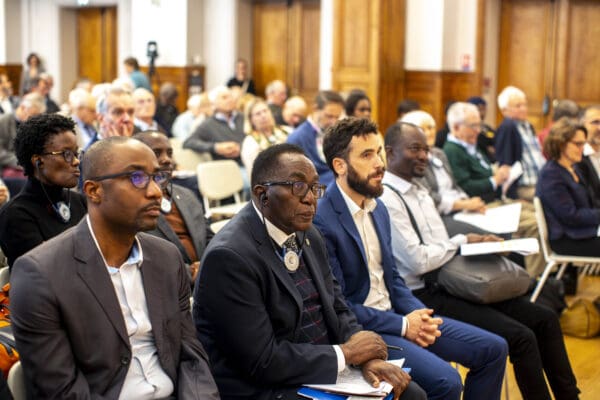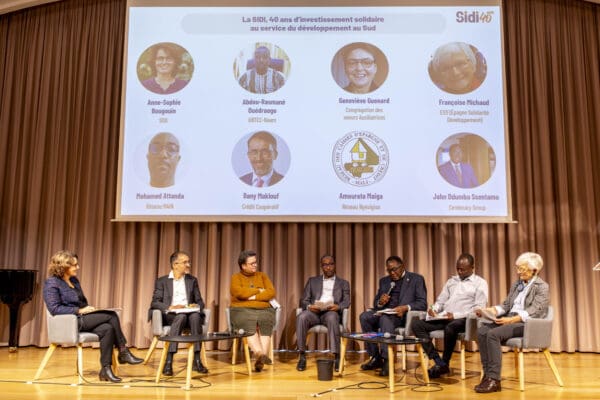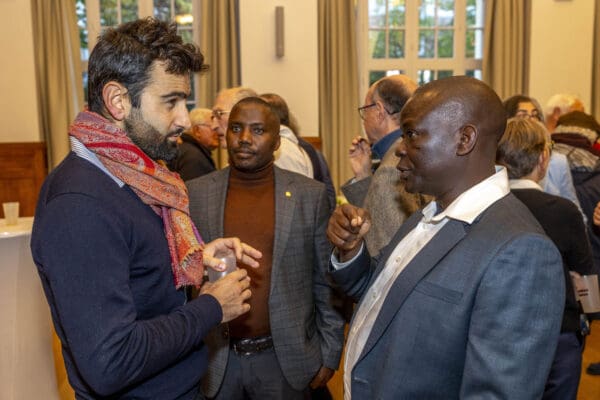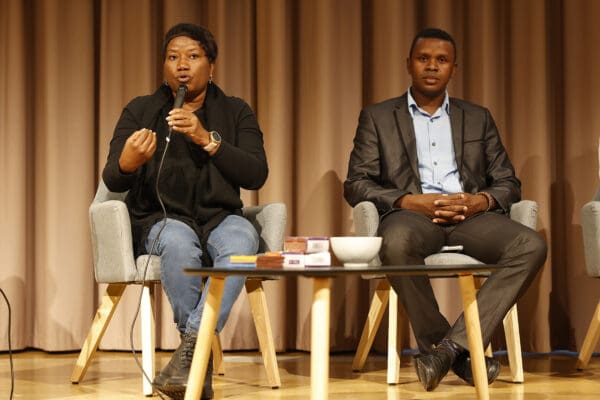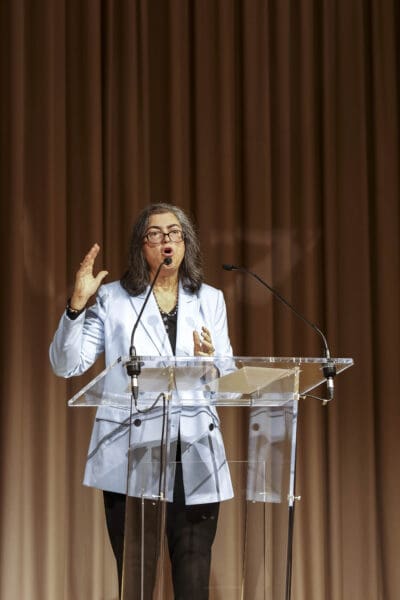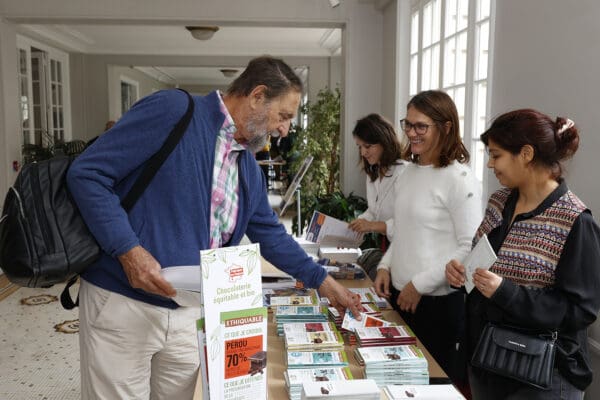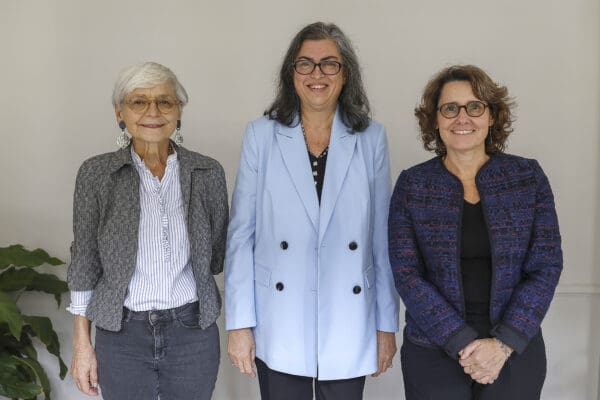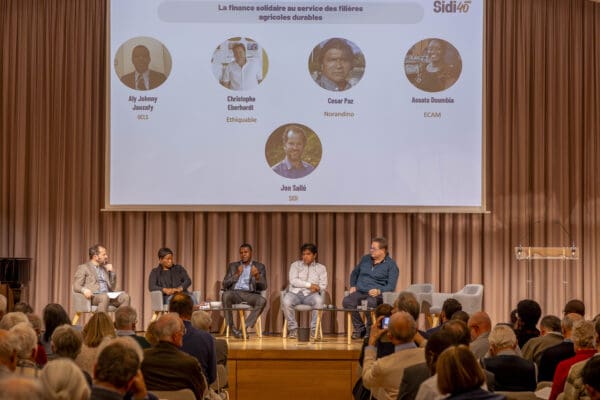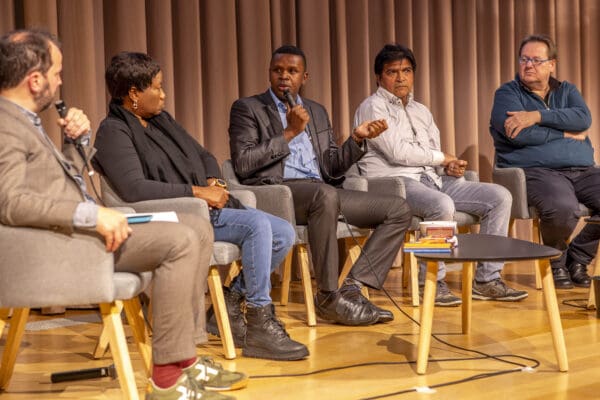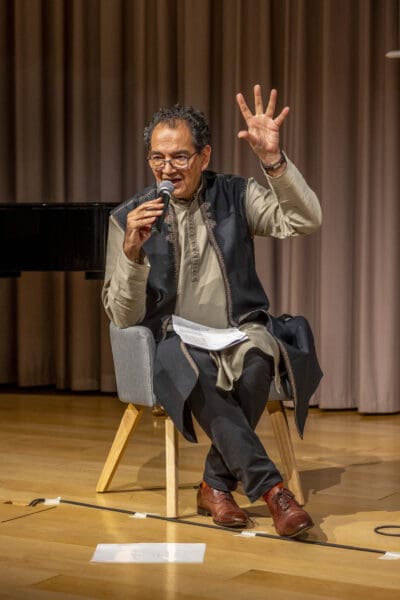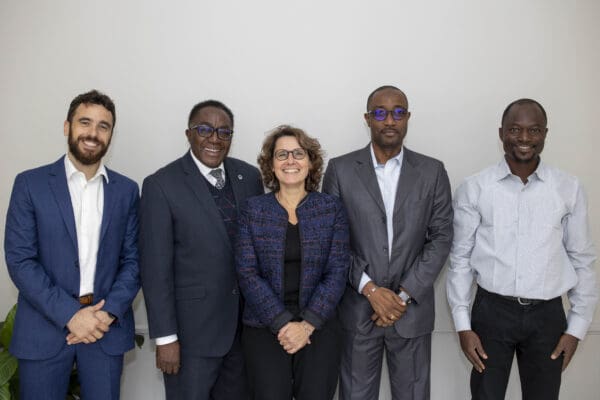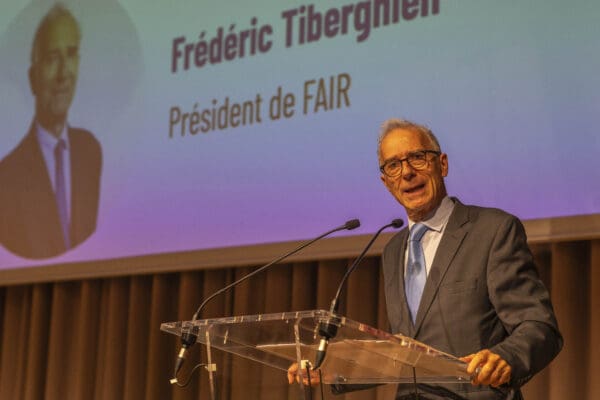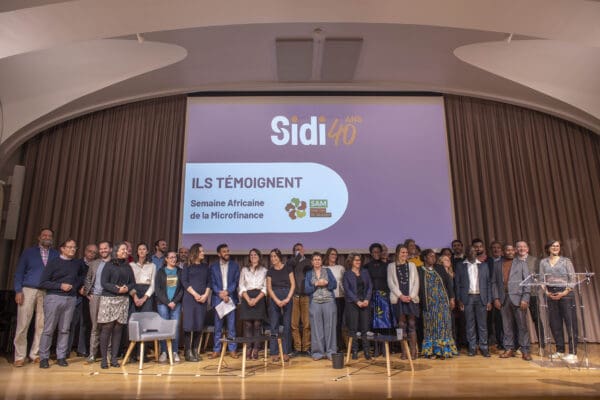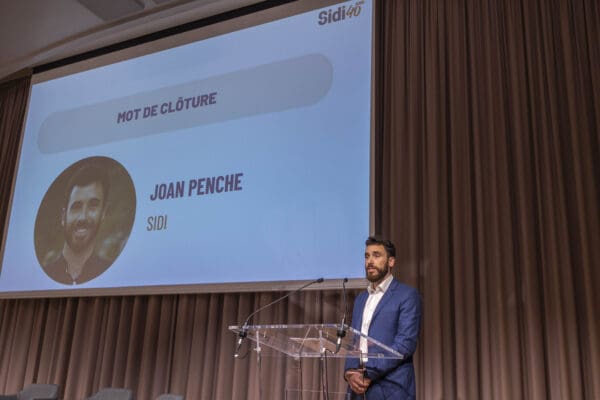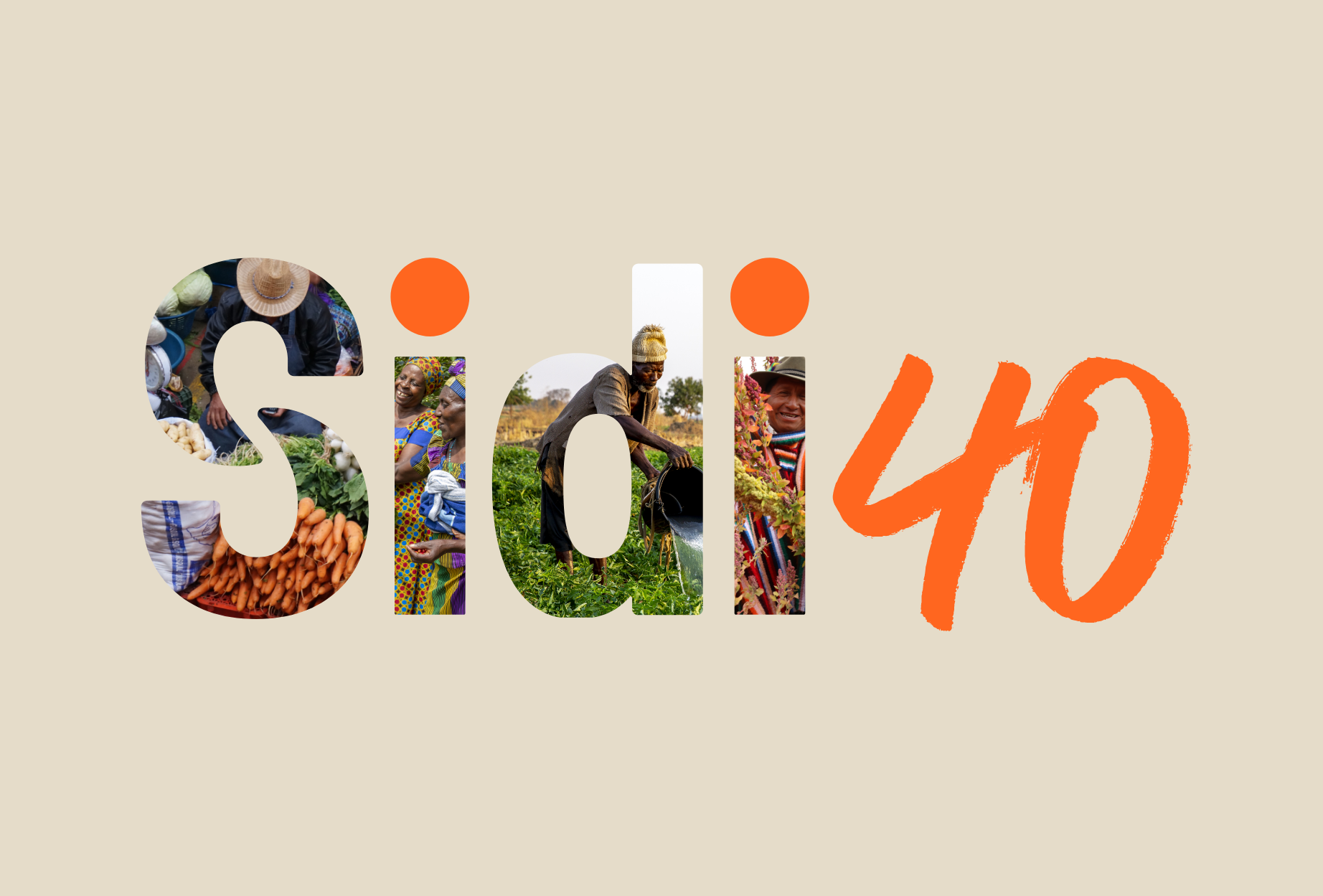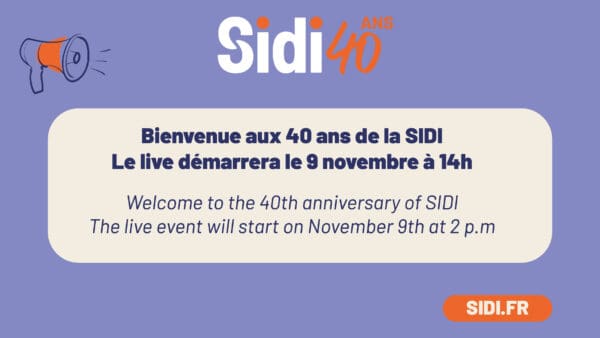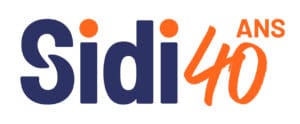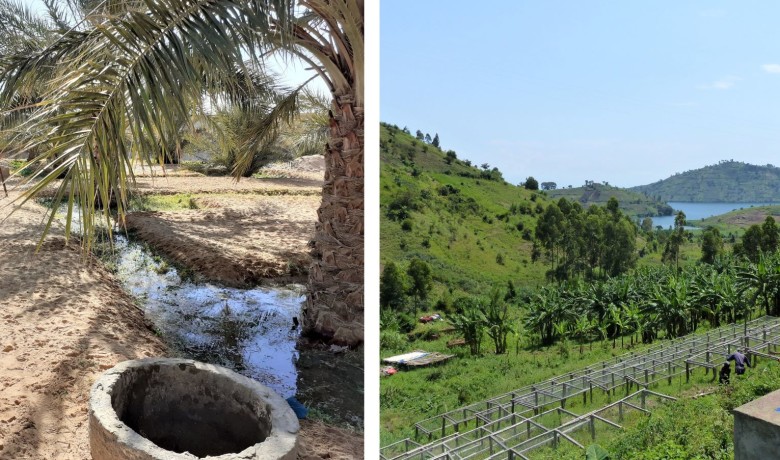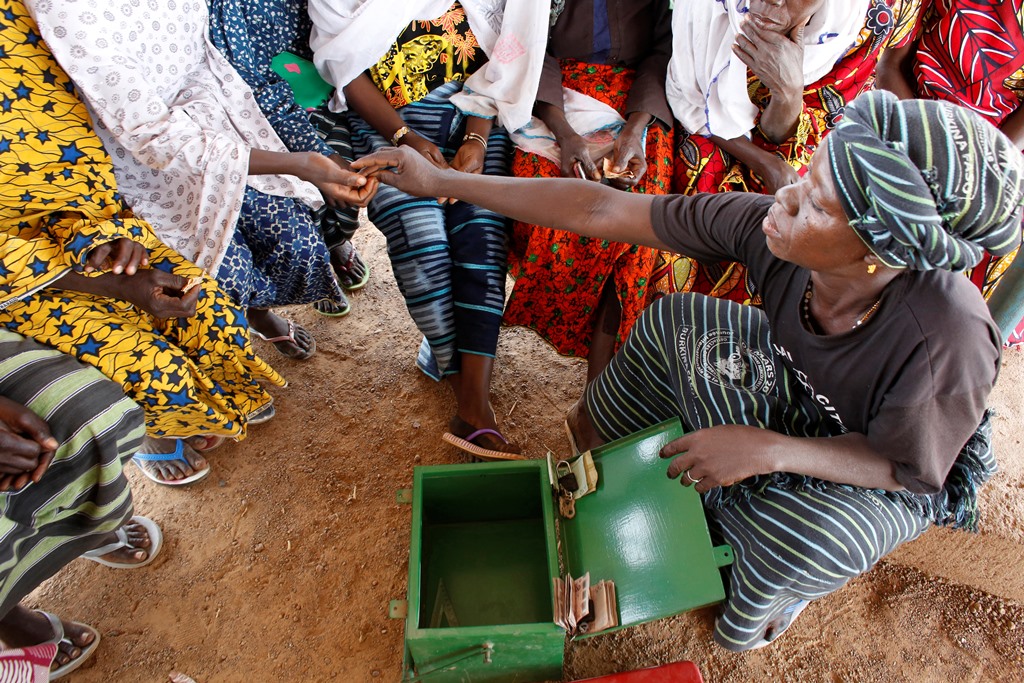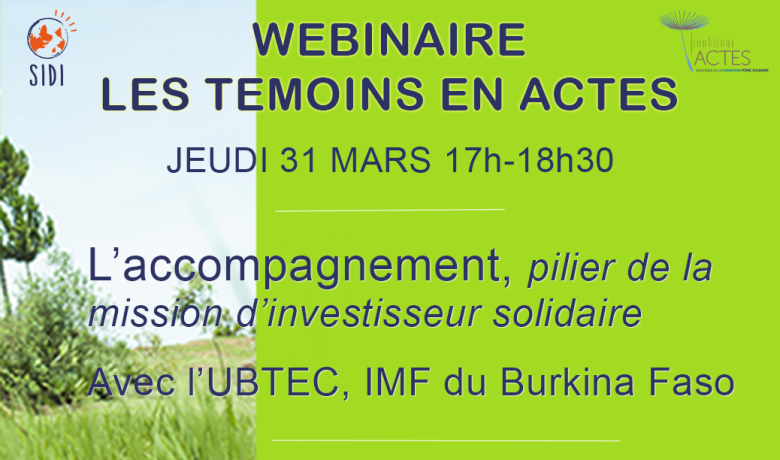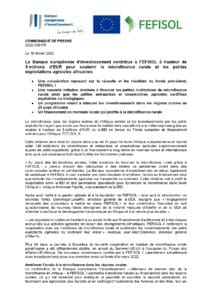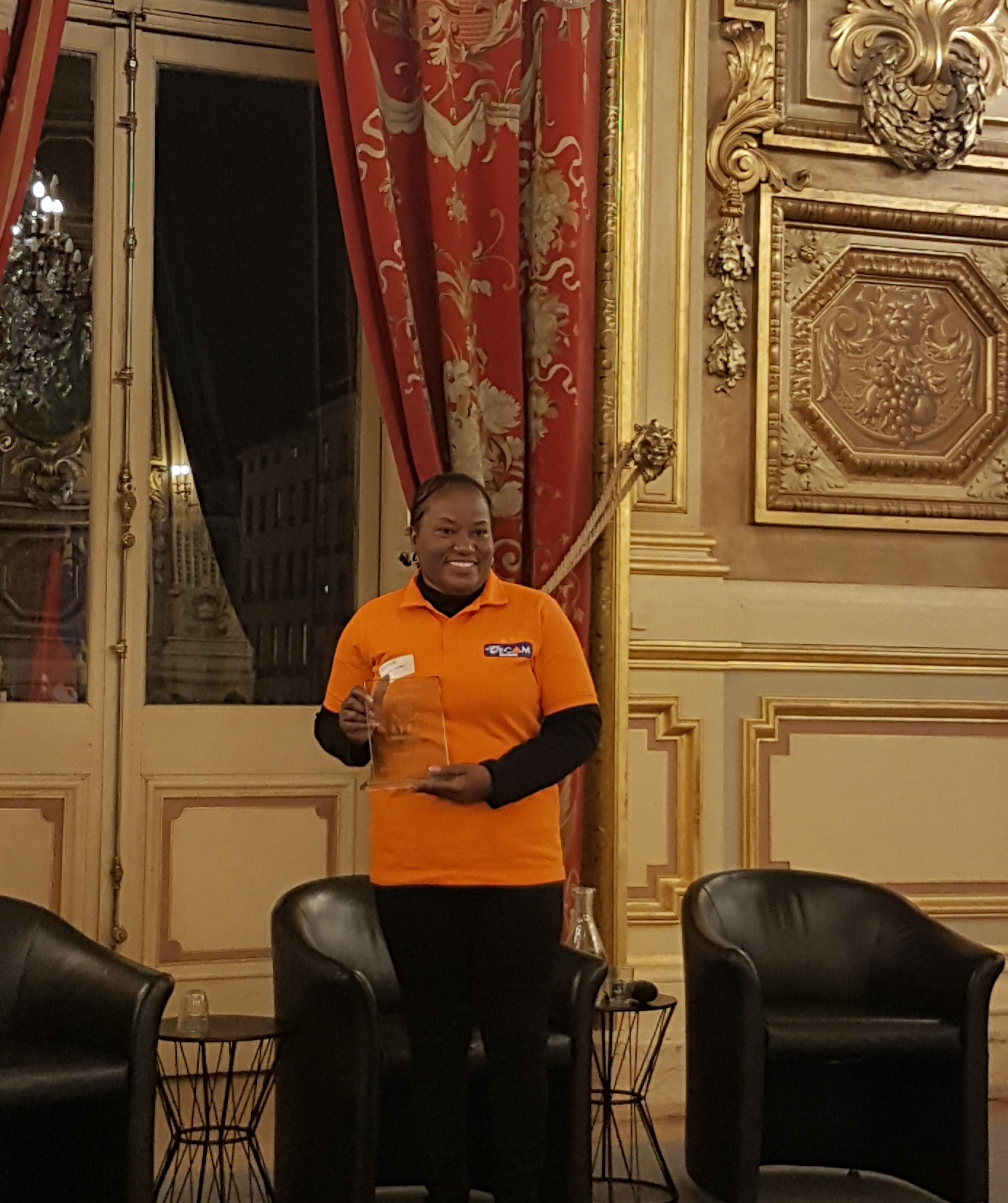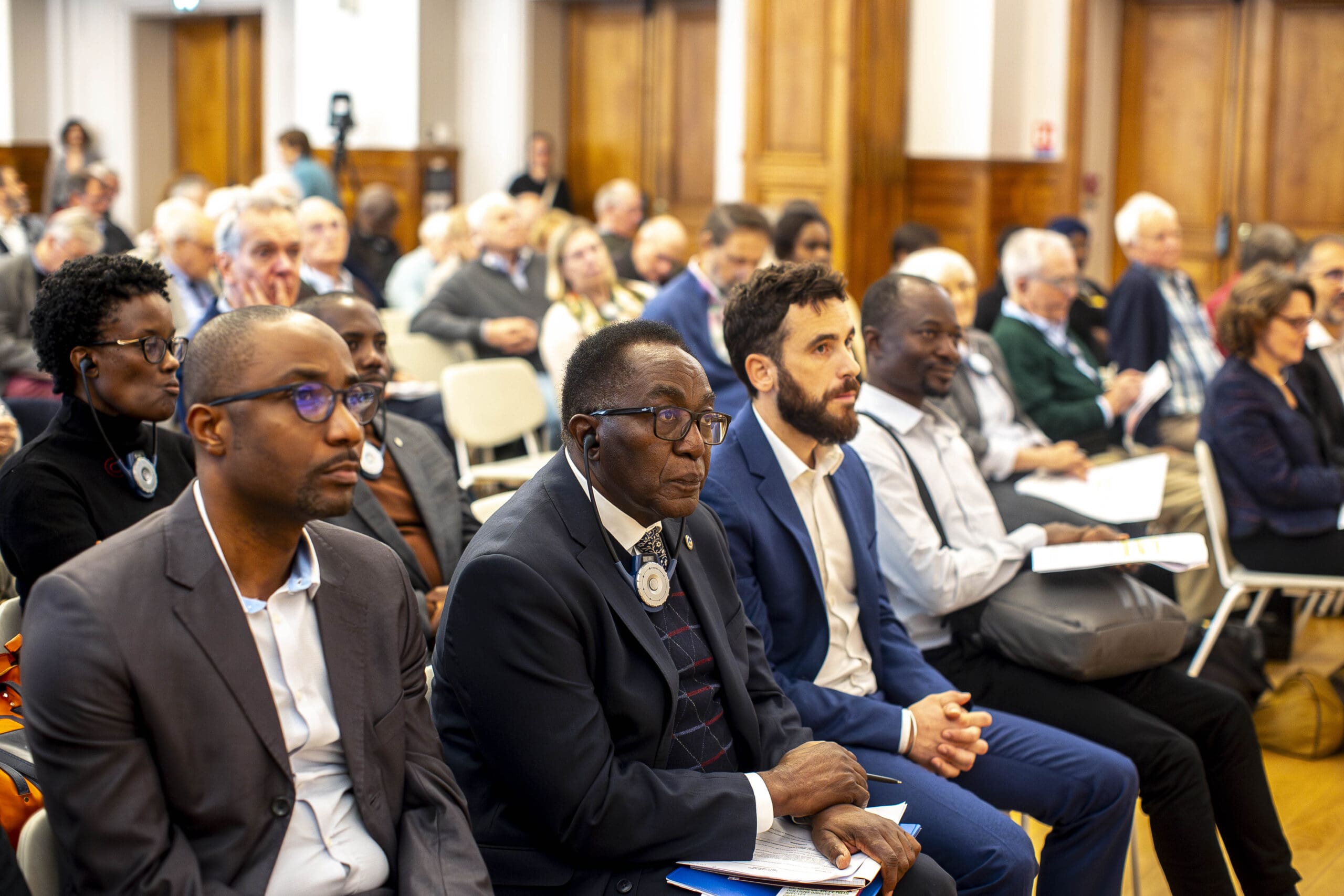
An afternoon rich in exchanges, debates and personal accounts, which brought together SIDI partners, historic allies and shareholders: all committed to working alongside us towards the same vision: to make solidarity and patient finance a lever for the sustainable transformation of societies aiming for a fairer and more environmentally-friendly world.
40 years: a unique opportunity to look back at the history of SIDI, a pioneer in solidarity finance, and the major successes and challenges that have marked its path.
The President of CCFD-Terre Solidaire, Sylvie Bukhari de Pontual, opened the conference with a reminder of how 40 years ago, CCFD-Terre Solidaire assigned SIDI the mission of promoting the development of a social and solidarity economy using a highly original instrument at the time, solidarity finance. “Today, by its very example, SIDI shows that another economy, another form of finance, is possible, because the use of money – and not just its income – becomes a driving force for action in international solidarity and economic, social and environmental justice “.
Two round-table discussions with SIDI’s local partners perfectly illustrated SIDI’s partnership approach: a partnership which takes several forms depending on the specific needs of each partner, and which is a long-term commitment. SIDI looks for ways of collaborating that are best suited to the needs and resources at its disposal: financing, but also active participation in governance, technical assistance and exchanges of experience. SIDI strives to remain close to its partners over the long term, even in the most difficult periods and contexts. ACAD-Finance’s first-hand account from Palestine highlighted the importance of this approach.
This long-term partnership is made possible by the nature of SIDI’s resources, mainly by the patient and supportive capital provided by 2,000 individual shareholders. Françoise Michaud, President of ESD (Epargne Solidarité Développement), SIDI’s shareholders’ association, reminded us of the strong commitment and motivation of our shareholders, who are looking above all for the social and environmental “dividends” resulting from the activities financed. Abdou-Rasmané Ouédraogo, CEO of UBTEC-Naam, a microfinance institution based in the north of Burkina-Faso, emphasized that the shareholders’ objective of making the world a more caring place through solidarity finance had been achieved, adding: ” and we ask them to continue their support for SIDI so that we can reach more vulnerable people”.
The panels, which also brought together strategic allies such as Crédit Coopératif and the Ethiquable cooperative, provided an opportunity to discuss crucial issues for our activity, such as: supporting structures to go further in terms of social performance, transparency and the challenges of ecological transition; creating added value and sharing it with producers; and creating guarantee funds for investments, given the risks associated with the countries and types of partners with which SIDI is involved.
Finally, the sharp eye of Frédéric Tiberghien, President of the FAIR network, masterfully put SIDI’s innovative and sophisticated economic model into perspective in the face of the major challenges facing our societies, here and there.
All of these testimonies, discussions, and sharing feed our commitment and inspire change in favor of a more inclusive and sustainable future.
To see or re-watch these exchanges, visit our
youtube channel
.
And don’t forget to take a look at the
SIDI’s special anniversary booklet
anniversary booklet, an illustrated account of 40 years of innovation at the service of development.

